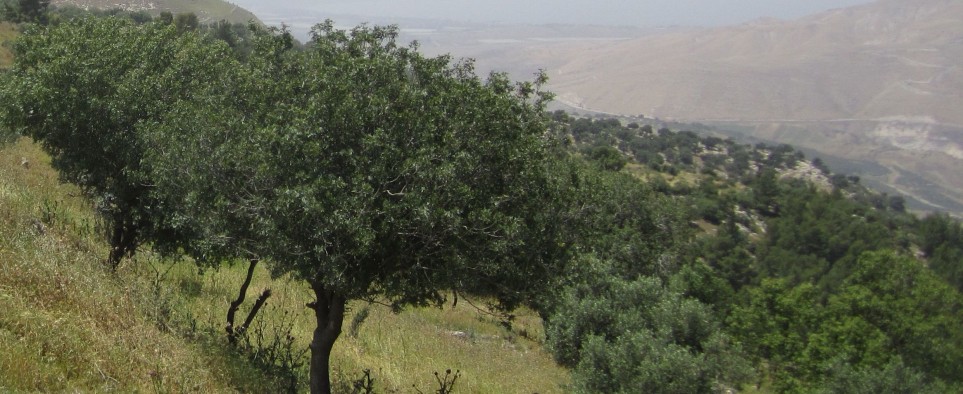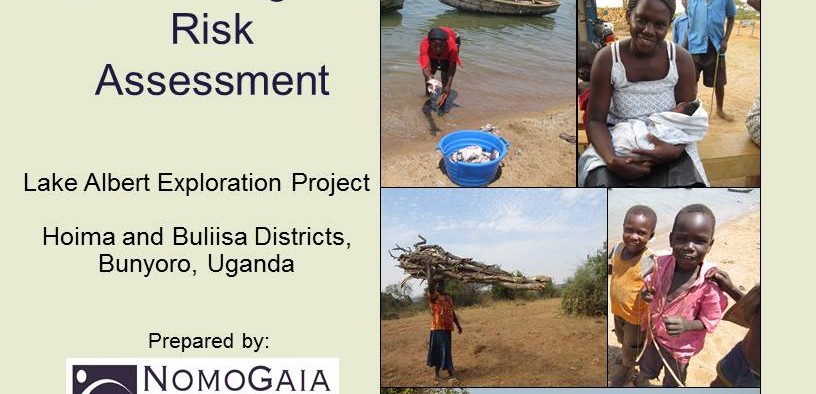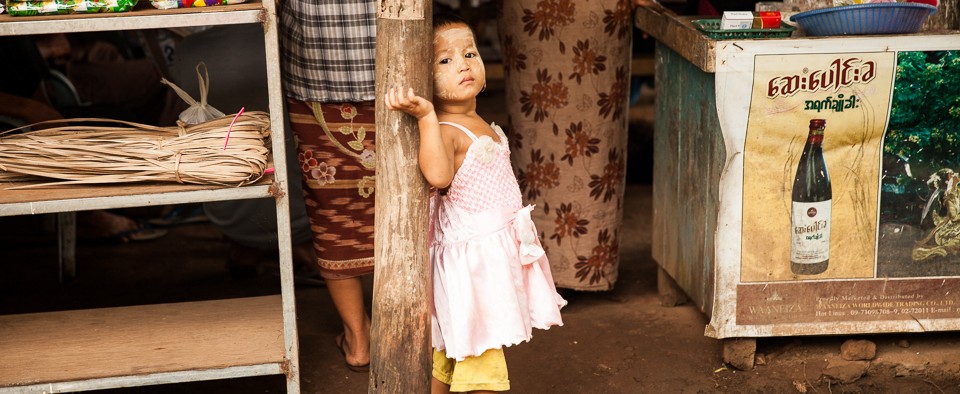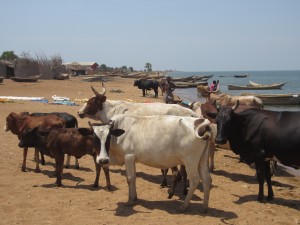As the US Government begins drafting a landmark National Action Plan on business and human rights, it is facilitating a series of consultations across the country. One of four was hosted at Berkeley’s Haas School of Business this month. An impressive mix of industry, government and civil society attended.
Companies with complex supply chains and financial institutions made important requests for “tools” that will equip them to evaluate their human rights impacts. This is a difficult request to parse. NomoGaia has been developing and publishing human rights due diligence tools for over 7 years, and organizations like BSR, GBI, DIHR and Foley Hoag have been privately supporting companies in assessment of human rights impacts. Practitioners have reached a level of consensus over what makes for adequate due diligence, which includes direct and ongoing engagement with rightsholders themselves. In general (though with important exceptions), corporations have been reluctant to acknowledge this central reality.
Companies have expressed interest in tools like human rights reporting mechanisms. Reporting tools that currently exist include consideration of whether companies identify salient risks to human rights. However, none employs the recognized international human rights instruments as a framework for benchmarking performance on a right-by-right basis. That weakens their ability to truly evaluate whether human rights are respected at the operational level.
As Dean Richard Lyons wrapped up the Berkeley consultation, he described an evolution the Haas School underwent after the 2008 financial crisis. Soul searching led the institution to question whether it had contributed to the crisis, failing to prepare MBA graduates to enter the business world responsibly. He said the school reformed its admissions process and stopped relying on perfect GMAT scores as a shoo-in for admission. Students needed to be evaluated on characteristics that couldn’t be conveyed in test scores or resumes. Interviews became part of Haas’ evaluation procedure.
Dean Lyons didn’t link this new admissions process back to human rights due diligence, but if he didn’t mean it as a metaphor, he should have. There is no way to make human rights due diligence a tick-box exercise. There is no way to know that a business’s practices are responsible without digging beneath the policy statements and sustainability reports. Not yet, anyway. NomoGaia has found this to be demonstrably true at every operation we have assessed.
The US Government’s team is committed to making the National Action Plan useful and concrete to swiftly impact the way corporate human rights responsibilities are understood. To meet that goal, we suggest that the Plan include requirements for companies to directly engage affected rightsholders. The government’s ongoing engagement with the American public in the Plan’s drafting can be seen as leading by doing.
NomoGaia will be contributing input to the National Action Plan based on our practitioners’ knowledge and experience. If you have insight that might tip the scales toward improving human rights outcomes for populations affected by American businesses abroad, send comments to NAP-RBC@state.gov.







